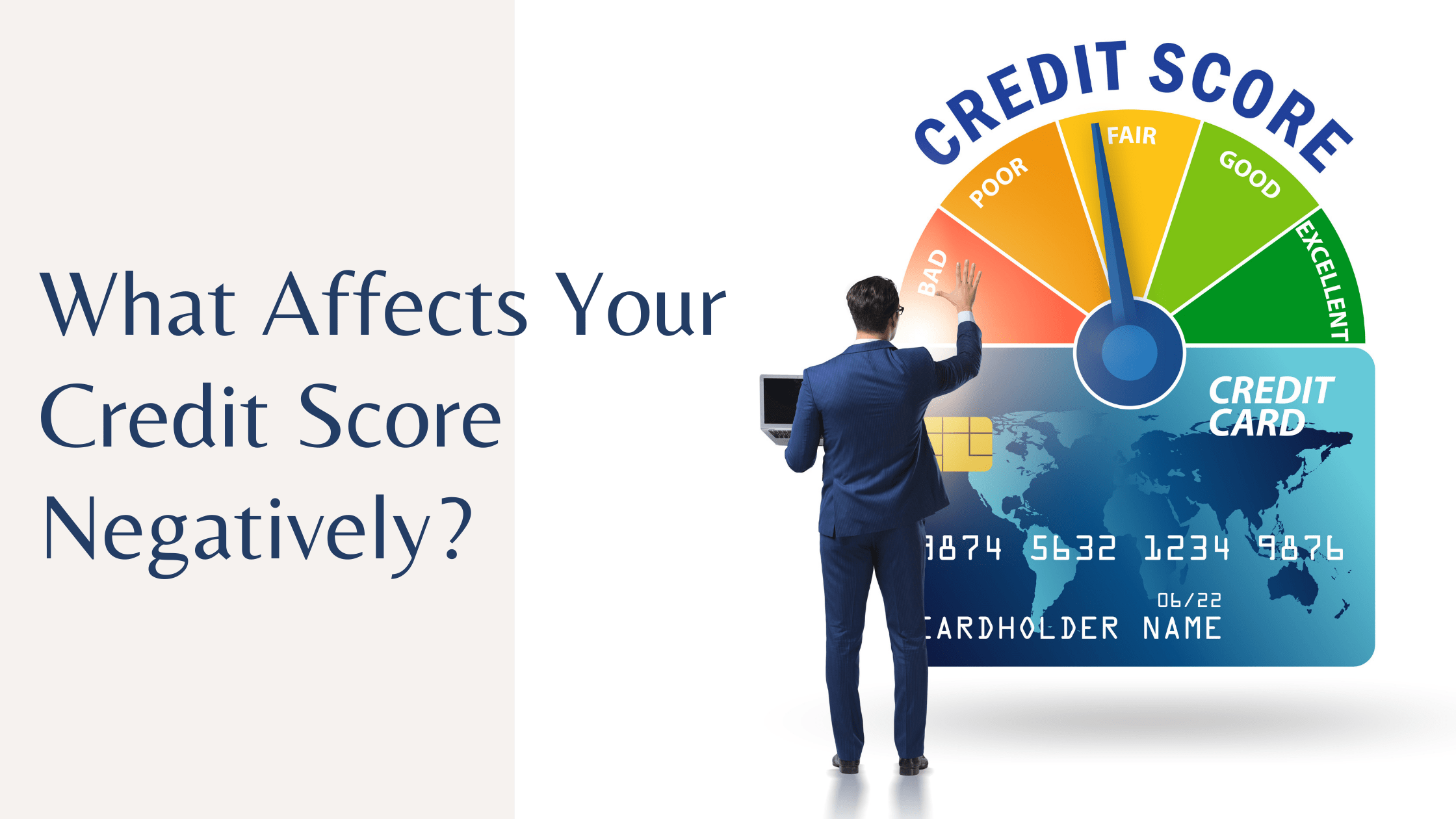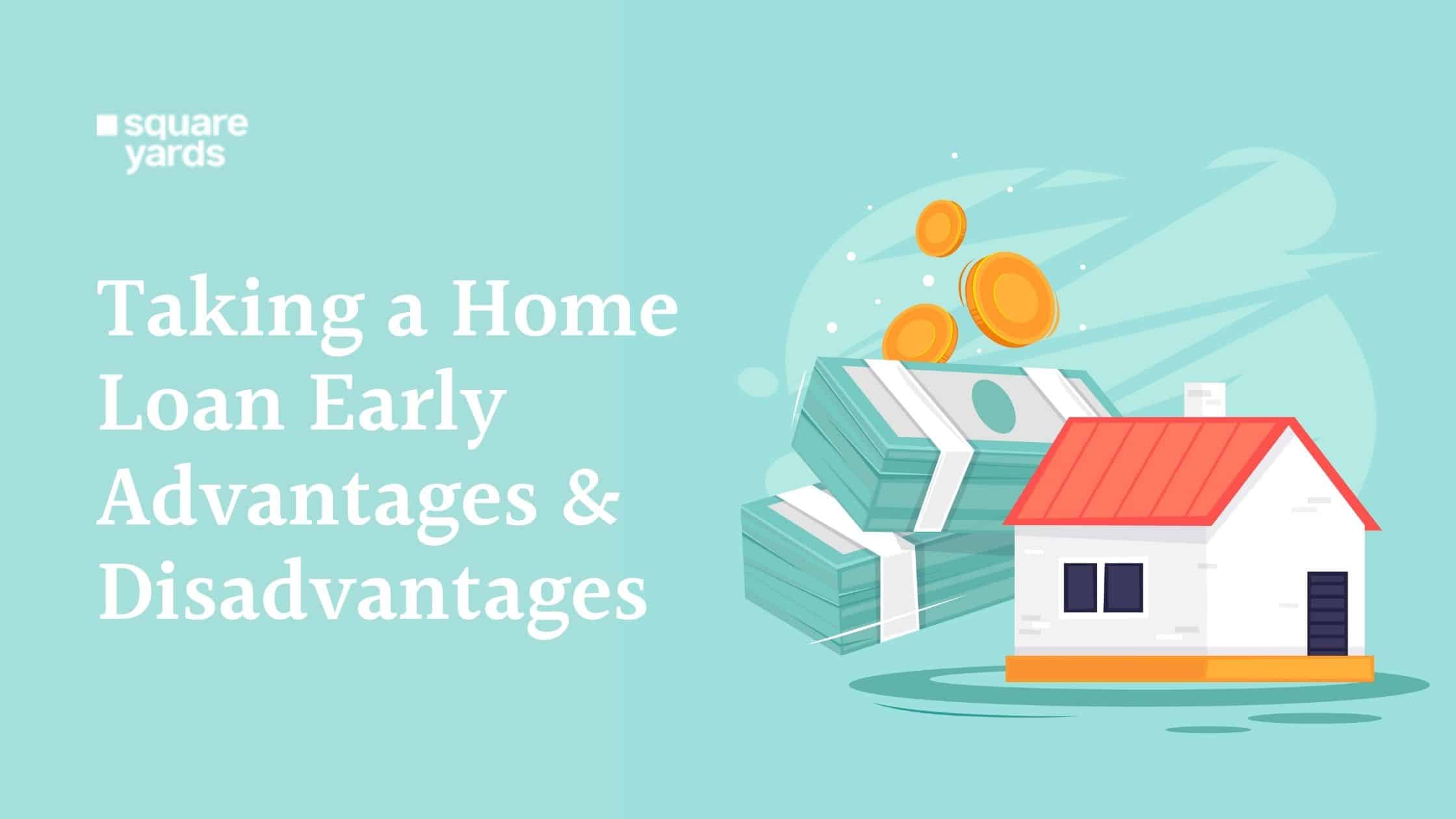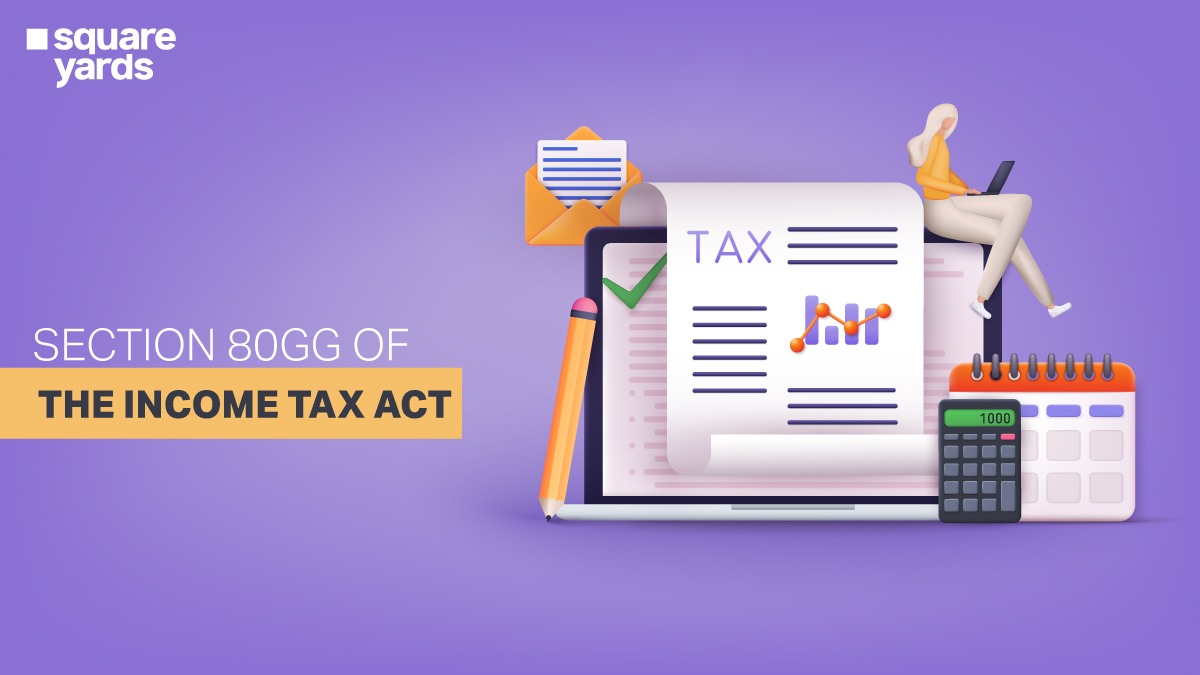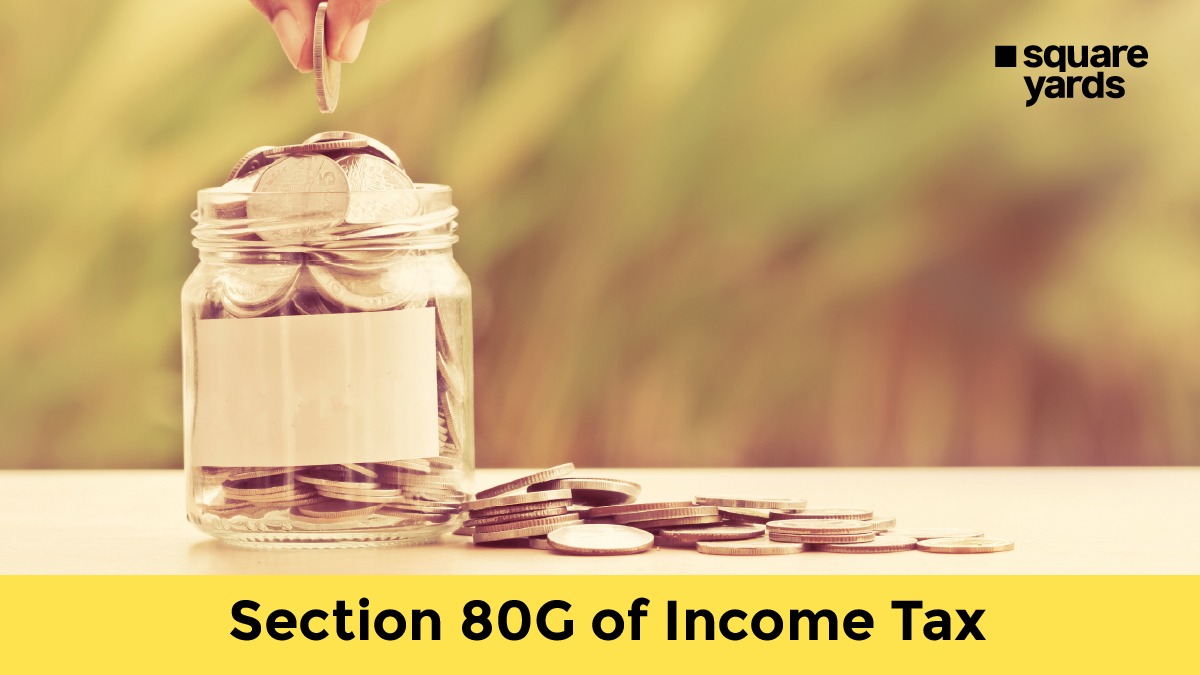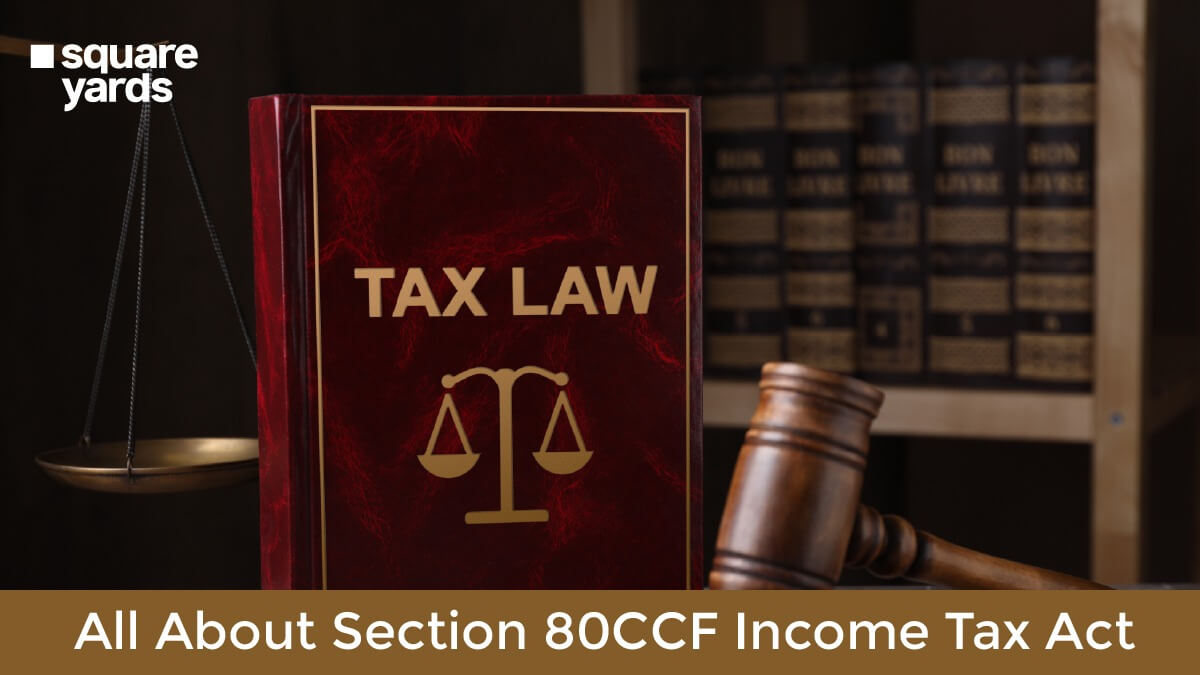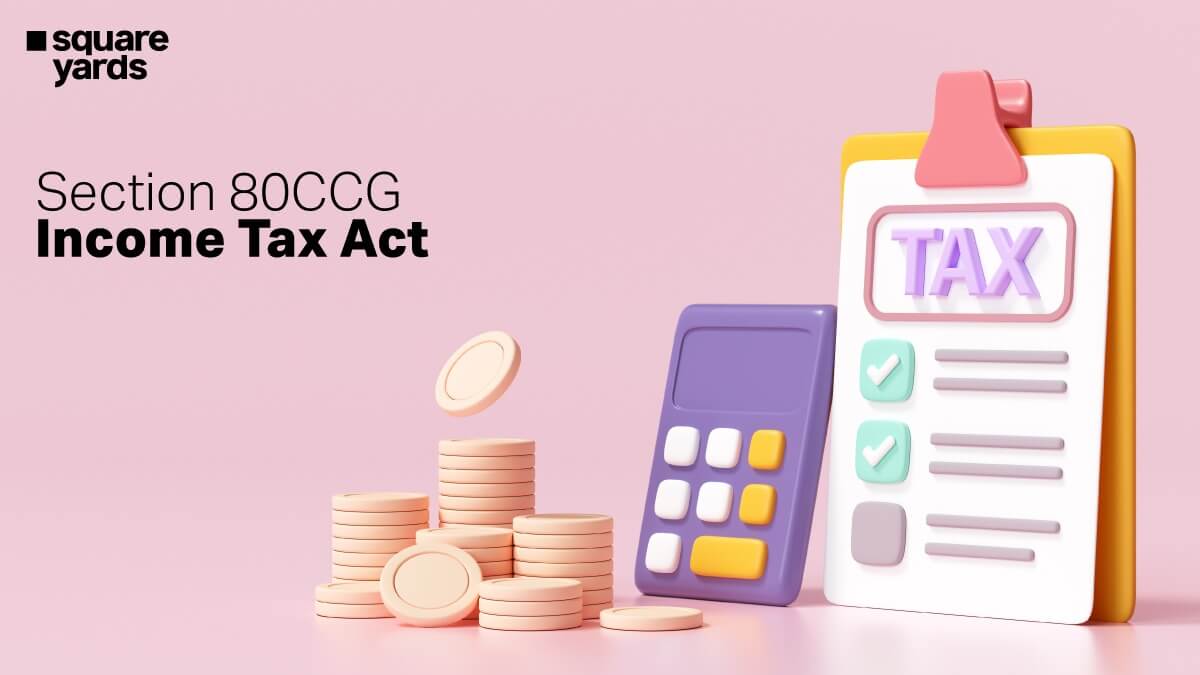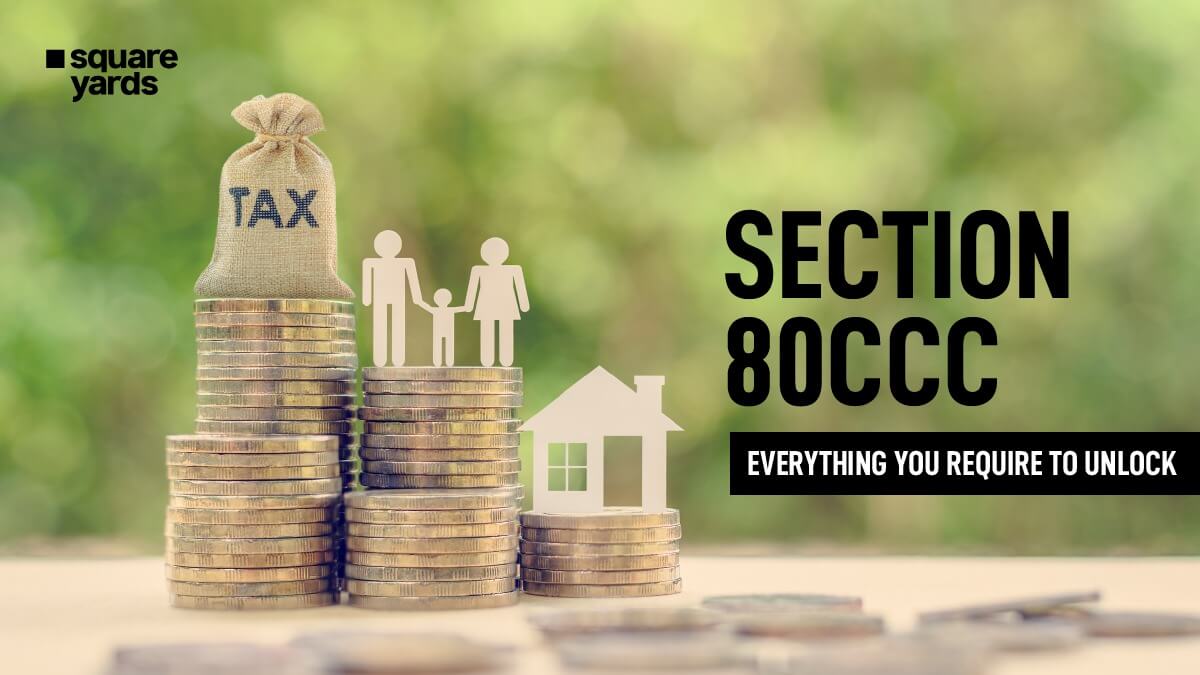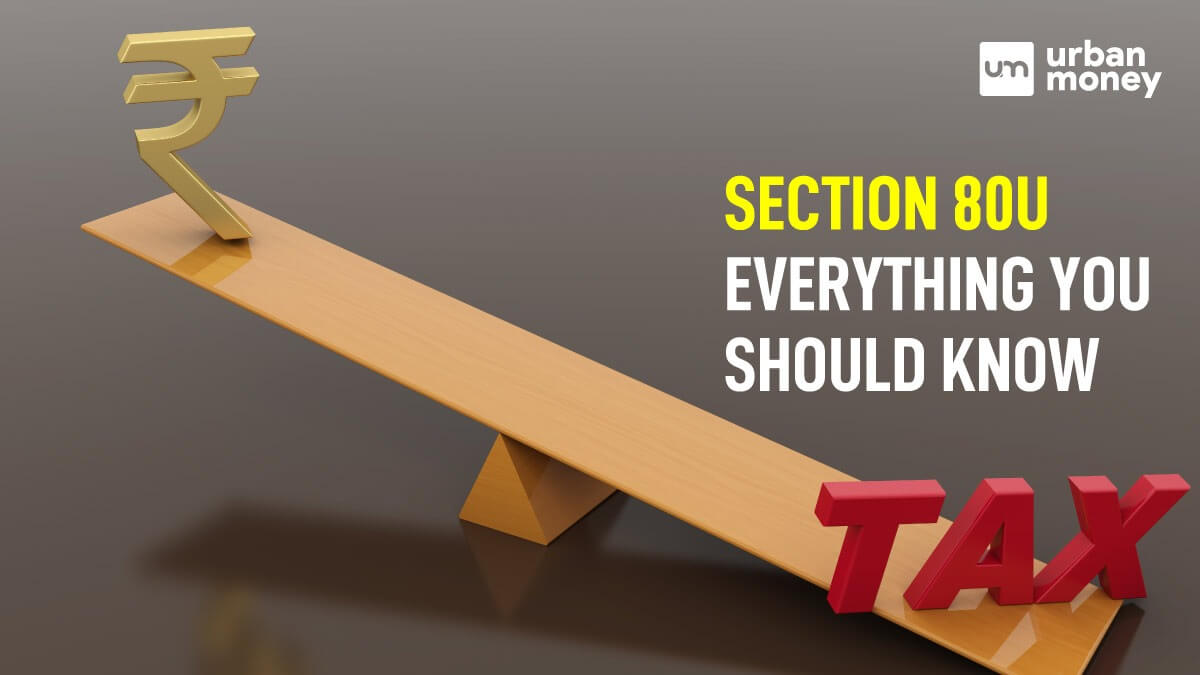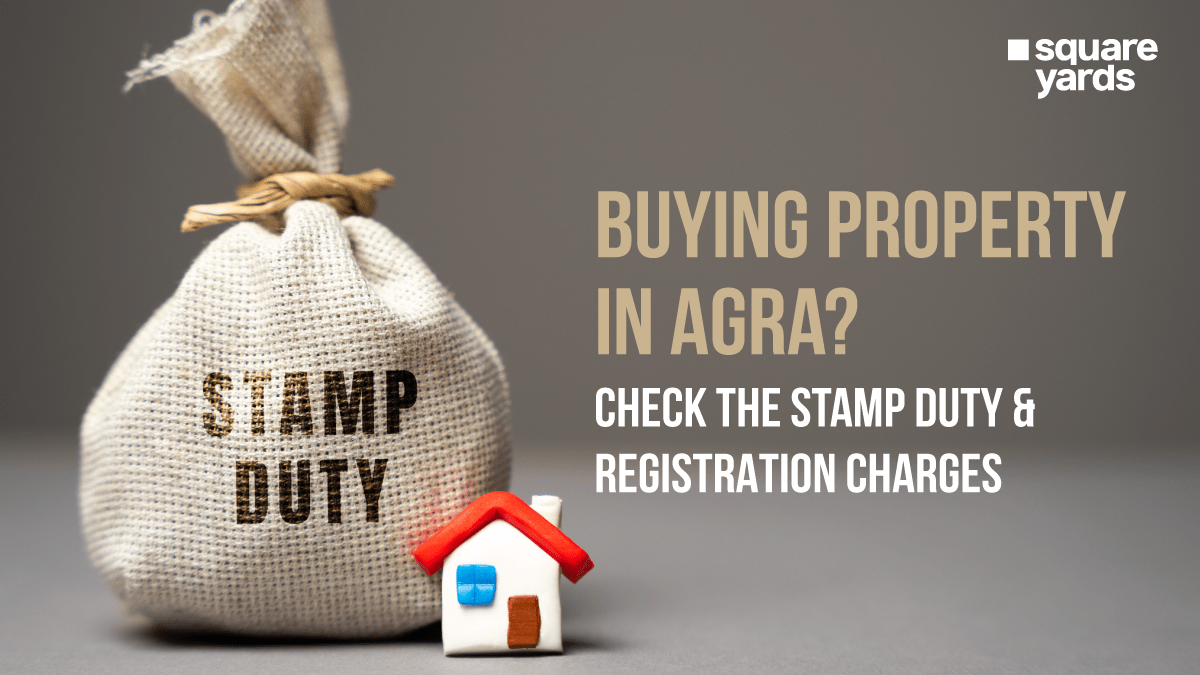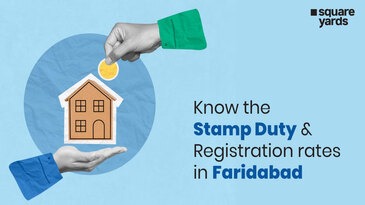Do you feel that you need some special expertise for understanding credit score and its factors? Don’t Worry! Well, the good news is it is quite simple and nothing is overly complicated here. The only challenge you will face is in improving your credit score but you can fix that too. Nothing is impossible when Square Yards is here to help you out.
Table of contents
There are several factors based on which the credit scores are calculated. Lenders fall back on credit score to figure out how likely you are to pay back their debt. The actual credit score is often the deciding factor- whether you will be sanctioned for a loan or not. You should know what factors and types of accounts can affect your credit score negatively so that you can work on them.
Top 5 Common Factors That Can Affect Your Credit Score Negatively
Length of Credit History
Financial institutions maintain a detailed report of the credit history of every individual. A well-detailed, long and positive credit history report impacts the credit score positively. Financial institutions give preference to individuals who hold a positive and consistent credit history sheet. The shorter your credit history, the lower your credit score will be as it impacts negatively. Moreover, a credit score big-time depends on the age of your newest credit account, the age of your oldest credit account and the average age of all your accounts. In a nutshell, the longer your credit history, the higher your credit score.
Point To Be Noted: If you close your credit cards at one go it will lead to a drop in your credit score.
Repayment History
Repayment history demonstrates how promptly debts have been repaid in the past. Bear in mind, if you make any default in credit card or loan payment, it will also reflect negatively on your credit score. If any unpaid bills are lying for a very long period, then it will have a bad impact on your credit score as repayment history accounts for approximately 30% of your credit score.
Credit Mix
A perfect credit mix is a cumulative blend of unsecured and secured loans.
Secured loans: Those loans that ask the lender to keep an asset as a mortgage to avail a loan. For Example Home Loans, Car Loans etc.
Unsecured loans: These types of loans are not fortified or secured by any collateral.
If you are borrowing different types of credit, it builds trust in the lender’s eye that you are trustworthy and responsible enough to return their money back. Strive to build a healthy credit score so that you can acquire credit at better rates in the future.
Pro Tip: Avail a copy of the credit report once a year from credit bureaus and ensure that it is error-free.
Credit Utilization Limit
If you are overspending money than the credit utilization limit, then it gets detrimental to your credit score. Using credit money beyond a certain limit creates a negative effect on your creditworthiness as it is perceived as careless behaviour. However, the credit utilization behaviour is calculated by dividing the amount payable by the credit limit.
Note: Never forget, your credit utilization limits account for around 25% of your credit score.
Multiple Credit Inquiries
When you apply for credit, lenders analyse your creditworthiness and run a check which is well known as a hard check. The hard check is done to evaluate your repayment potential and based on that decides whether your loan will be sanctioned or not. However, these hard inquiries stay on your credit report for two years and can push your score down. If there are too many inquiries within a short span of time, then it indicates you are in a dire need of credit. Always remember, multiple credit inquiries account for approximately 20% of your credit score.
Type of Accounts That Can Impact Your Good Credit Score
Till now, we have learned what all factors affect the credit score the most. Subsequently, let’s look at the type of accounts that can impact your credit score. A credit report encompasses information about two types of debt such as revolving credit and instalment loans. In a nutshell, credit bureaus keep a detailed report of your debt and payment history.
Revolving credits are usually linked with credit cards but also include home equity loans.
Point To Be Noted: Revolving credit doesn’t have a fixed term, it can fluctuate.
Instalment Credit: In an instalment credit a borrower agrees to make a monthly payment until the loan is paid off. For Example: Personal Loans and Student Loans.
List Of Factors That Can Hurt Your Good Credit Score
- Not monitoring the status of the credit report
- Rejecting the golden offer of credit limit increase
- Maxing out the credit card limit
- Closing of existing credit cards
- Defaulting on accounts such as bankruptcy, charge-offs, foreclosure, repossession and settled accounts.
Ways To Improve Your Credit Score
First of all, you should download a free credit report so that you can comprehend what is in your credit file. After that, pay heed to the factor that is bringing your score down and then work hard towards improving those areas.
- Start paying your bills on time like a responsible borrower.
- Don’t max out your credit cards. Try to bring down your debts by reducing your credit card balances.
- Monitor your credit reports so that you can get the issue fixed on time.
- Mitigate the number of times you ask for new credit from banks.
The Bottom Line
It is indispensable to understand the meaning of the above-mentioned factors so that in future you can make financial decisions vigilantly. In addition, you should take some time out of your busy schedule to check your credit score ratings. Do not forget that there is room for improvement. The catch is you just have to understand why your score is struggling. It may take time and effort to build a good credit score because a bad credit score doesn’t improve overnight.


